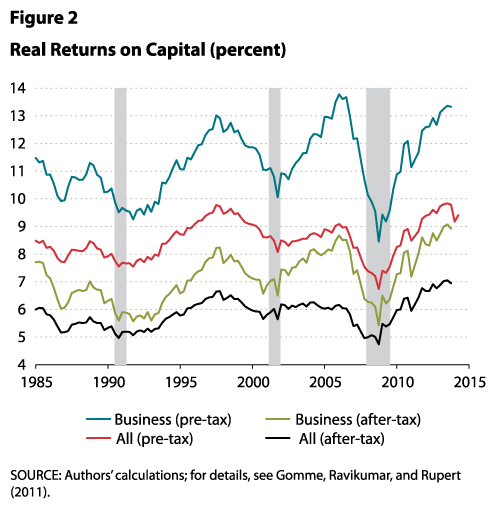Friday: Ball and Chain
This end-of-the-work-week observation is a little different. I’ve posted some not-jazz jazz for your listening pleasure. This piece called Ball and Chain is performed by a loosely joined group of people who worked on development of a subgenre of jazz during the 1990s. It’s called M-base — short for “macro-basic array of structured extemporization” — which relies on improvisation along with non-European elements as jazz does. But its artists’ deliberation in composition combined with a more contemporary flare set this style of music apart from other jazz.
Sample a couple more pieces with a little extra estrogen — Cassandra Wilson’s vocals in You Don’t Know What Love Is, and Geri Allen’s keyboarding here with Esperanza Spalding and Terri Lyne Carrington performing Unconditional Love at a recent Jazz in Marciac festival. Wilson and Allen have both been members of the M-base collective, along with Steve Coleman, Robin Eubanks, Graham Haynes, and Greg Osby. I recommend searching out each of those folks in YouTube to explore their continuation of M-base in their work.
That’s enough to get you through your Friday evening nightcap. You’ll probably need one after this stuff.
Volkswagen’s Dieselgate
- More made-up reports to cheat compliance on emissions and now noise levels, this time in South Korea (Bloomberg) — It might be easier now to ask what didn’t VW Group didn’t fib about. No specifics yet, but this looks broader than passenger diesel vehicles if VW also lied about noise levels.
- German state investigators probing VW employees’ evidence destruction (Deutsche Welle) — At least one employee encouraged co-workers to “get rid of data.” Prosecutors believe most data is still safe and some may be recovered from attempted destruction. Color me skeptical.
- EU Industry Commissioner turned up his nose at proposals by Germany to tighten emissions rules (Deutsche Welle) — It’s not clear if the EU had concerns that Germany was still trying to get around emissions controls regulations even with more stringent rules as proposed.
- Meanwhile, researchers surprised by role of air pollution in strokes (L’Express) — Related to the unfolding Dieselgate scandal at the intersection of increased emissions and increased deaths, researchers found
The share [of strokes] attributable to pollution has been estimated at 33.7% in countries with low and middle income against only 10.2% in high-income countries in 2013, up sharply since 1990.
Yet most of the EU has done virtually nothing to eliminate the recently discovered emissions controls cheating vehicles from the road.
- Op-ed suggests making an example of Volkswagen (USAToday) — Equal protection and all, singling out this company probably won’t fly. But enforcing existing laws to the fullest extent due to brazen, persistent fraud? Hell yeah. They’re killing people with these cheats — long, slow, costly deaths.
Living in a Digital World
- Twitter says it wasn’t hacked after millions of users’ account data appears online (Bloomberg) — Hey, listen up, boneheads complaining about your Twitter account being locked: 1) Change your password periodically (like every 12 weeks) and 2) DON’T USE THE SAME PASSWORD ON MORE THAN ONE ACCOUNT. Looks like some folks haven’t learned that once one account is breached, more are at risk if they use the same password or a previous iteration from another account. ~smh~ It would take very little to create a database of breached addresses from multiple platforms and compare them for same passwords. If, for example, [123456PW] is used on two known accounts, why wouldn’t a hacker try that same password on other accounts attached to the same email address?
- Oklahoma state police bought debit card scanning devices (KGOU) — They’re not merely reading account data if they pull you over and take your card to scan for information. They may confiscate any funds attached to the card, too, under civil forfeiture. This is ripe for abuse and overreach, given poor past legal precedent. Why is a magnetic strip any different than your wallet?
Economics of a different kind
- Economics don’t match reality, and the root of the problem is academic (BloombergView) — Each of “coffee house macro,” finance macro, Fed macro, and academic macroeconomics are grossly out of sync with reality. But the root of this distortion is the one thing they all have in common: their origin in academic economics. Yeah — academia has become little more than an indoctrination factory for the same flawed concepts, while reducing any arguments against the current “free market uber alles” thought regime.
- Adbusters isn’t waiting for academia; they’re ready to Battle for the Soul of Economics (kickitover.org) — Check it, social media warfare has begun.
That’s a wrap on this week. I’m fixing myself a stiff belt and shuffling off to bed. Catch you Monday, the Fates willing and the creek not rising due to climate change.



